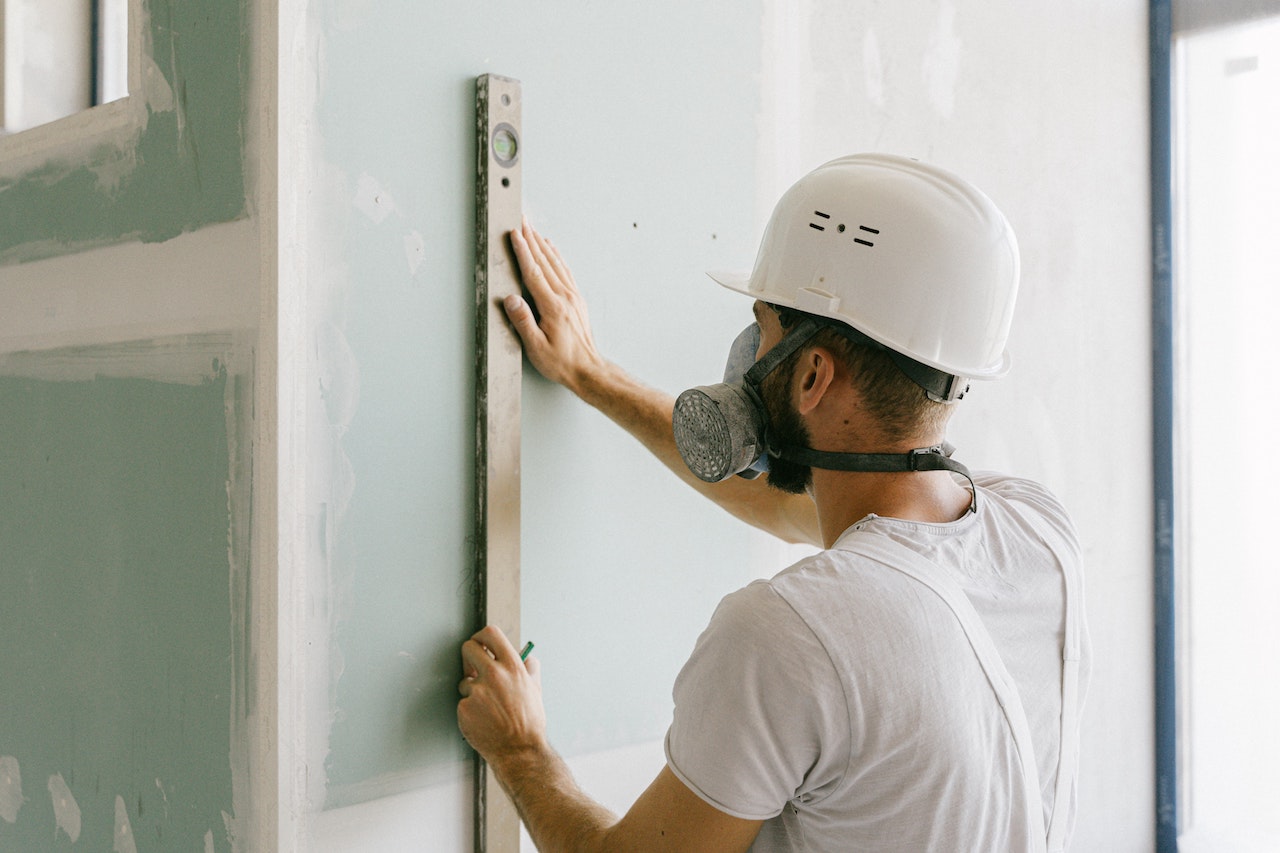
June & July 2021: Why Is There a Shortage of Plaster?
The UK is facing a plaster shortage.
This is due to a combination of factors, most of which are frustratingly beyond our control. The result is a huge array of problems for companies in the construction and haulage industries.
Luckily, these problems should only be with us in the short to medium term. But as we look forward to a few uncertain months, is there anything you can do to manage the situation?
Why Is There a Shortage of Plaster?
The main reason for the plaster shortage is a lack of production. Between March 2020 and June 2021, the government imposed three major lockdowns and social distancing rules that made certain types of work all but impossible. As a result, many factories that produce plaster have either been shut since March 2020, or unable to operate at full capacity.
But this isn’t the only reason why lockdown’s created a plaster shortage. Throughout lockdown, a lot of people found themselves with a lot of time on their hands. For some homeowners, this meant they could finally get around to doing those DIY projects they’d always intended to start. And the increase in DIY projects across the UK has resulted in an increased demand for plaster.
So we have a reduced supply and an increased demand. No wonder there’s a shortage of plaster.
When Will Plaster Be Available Again?
The government have said they will begin to lift restrictions by the end of summer 2021. This means they’ll be able to operate at full capacity again. While this should take care of the supply problem, the demand for plaster could exceed the supply for some months yet.
There’s likely to be a huge backlog of unfinished projects and outstanding contracts, all left hanging for want of plaster. But it will all settle down eventually. The supply chains will improve with each passing week, and the demand will quieten. You should still expect to encounter supply issues for the short and medium term, but things can only get better from here.
How to Get Hold of Plaster During the Shortage
During this plaster shortage, we’ve seen some unfortunate instances of “plaster profiteering”. Some have treated the crisis as an opportunity. Recognising the short supply and high demand, they’ve stocked up on plaster only to sell bags at hugely inflated prices.
An independent plasterer community is advising everyone, from DIY builders to tradesmen, to boycott these “plaster profiteers”. They’re trying to make a profit on multi-finish plaster which, of course, has a use-by date, so they cannot hold onto their stocks for long. Refusing to buy from profiteers will disincentivise them from hoarding, which should make more plaster available for everyone who needs it.
Building Materials in Short Supply
Beyond plaster and plasterboard, lockdown’s compromised the supply, and increased the demand, of a few building materials:
- Aggregates.
- Bricks.
- Plasterboard fixings.
- Internal and external material.
- Partitioning metal.
- PPE, including FFP2 and FFP3 facemasks, gloves and coveralls.
- Fencing and other timber products.
- Paving.
- Certain electrical components.
When Can we Expect Building Material Shortages to End?
Just like with the plaster shortage, we should prepare for a few months of difficulty and uncertainty. But soon factories will be able to operate at full capacity again, and not long after that the demand for these materials should stabilise.
Yet some of these materials present further difficulties. For example, around 80% of the UK’s supply of softwood timber comes from Europe. In the wake of Brexit, haulage from the continent to the UK has become more complex than it used to be.
What Can I Do To Manage Supply Shortages?
The one saving grace of these supply shortages is that they’re affecting everyone. Everyone’s in the same boat here. So if you feel like you’re going to struggle through the supply shortage, at least you won’t struggle alone!
Here are a few things you can bear in mind:
- Be open, honest and patient with both your suppliers and your customers. Some suppliers have talked about how they’re prioritising the most urgent projects. So make sure you communicate your needs, but understand that some might be in an even worse situation than you.
- Avoid the temptation to buy from profiteers. Refuse to pay inflated prices for materials. It’s better to wait for the situation to resolve itself than it is to incentivise opportunistic hoarders to control the supply.
- British Gypsum plans on introducing an allocation system for their plasterboard products from 21 June 2021.
If you’re a construction or a haulage firm looking for construction insurance or haulage insurance get in touch with the Hazelton Mountford team in Worcester to get your business protected.
